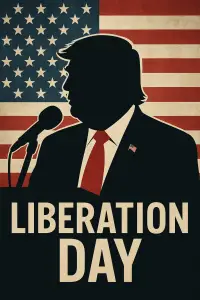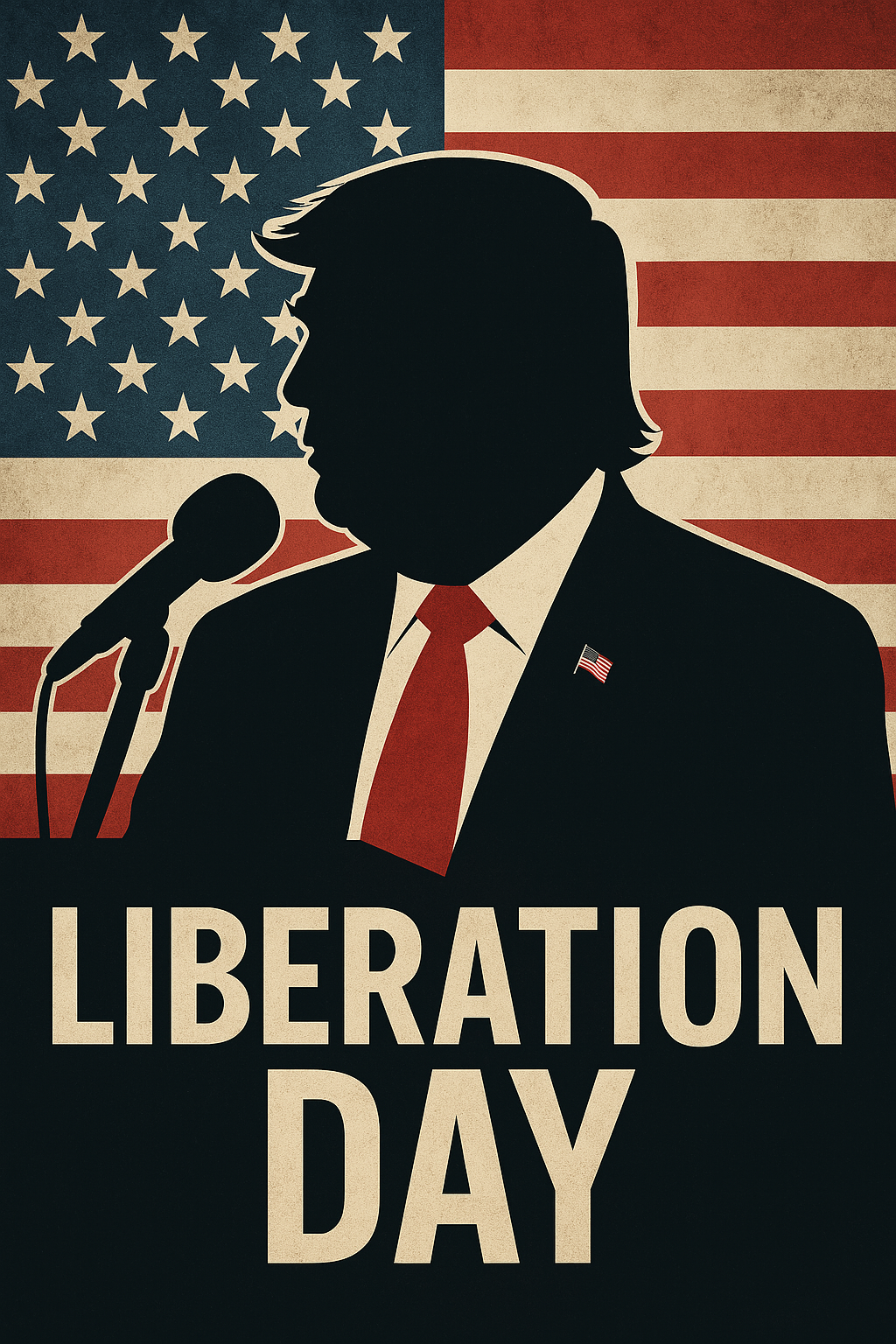Washington, D.C. – March 31, 2025
Former President Donald J. Trump is once again making headlines — this time with the announcement of a bold new economic strategy he’s calling “Liberation Day.” Scheduled for April 2nd, the initiative would introduce sweeping new tariffs on a wide range of imported goods, from cars and electronics to steel and consumer staples.
According to Trump, the goal is simple: reduce America’s reliance on foreign products and force both corporations and consumers to “Buy American.” But economists and political analysts — including voices at CNN, Yahoo News, and ABC — are warning that this bold vision could carry dangerous consequences for the U.S. economy and everyday Americans.
💬 What Is ‘Liberation Day’?
Trump’s campaign team has framed April 2 as a symbolic turning point — a “day of economic independence.” In a recent speech, Trump declared:
“On April 2nd, we begin taking our country back. If companies don’t want to build here, they’ll pay. I call it Liberation Day.”
The proposed plan would implement heavy tariffs on imported vehicles, foreign technology, and even food products, which Trump claims would pressure companies to shift production back to the U.S.
📈 Experts Warn: The Risks Are Real
A recent CNN Business analysis suggests that Trump’s approach — starting with aggressive rhetoric, then negotiating from a stronger perceived position — could lead to economic instability, especially if trading partners respond with tariffs of their own.
“This type of move could trigger a new wave of global trade retaliation,” said economist Laura Phelps.
“That means higher prices for consumers and disruptions in supply chains — especially in sectors like automotive, electronics, and retail.”
A separate report by Yahoo News echoed these concerns, highlighting that American families could face higher prices at the grocery store and at the gas pump as a direct result of the proposed tariffs.
🚘 Cars, Groceries, and Inflation Pressures
One of the clearest examples of potential impact is the auto industry. Trump specifically called out foreign car manufacturers, stating:
“I hope they raise their prices — because when they do, Americans will finally start buying American cars again.”
But industry leaders argue that modern American vehicles rely heavily on global supply chains, and tariffs could actually raise the price of domestic vehicles as well.
Food and electronics prices are also expected to rise, due to America’s dependence on imports for everything from smartphone components to basic produce.
🧠 A Political Move — or a Real Policy Plan?
Some analysts view “Liberation Day” as more of a campaign slogan than a fully thought-out economic policy. The announcement, made during a rally-style event, fits with Trump’s pattern of high-impact messaging designed to energize his base.
However, the economic implications are very real, especially if markets react strongly or if trading partners impose countermeasures.
🗣️ Public Reaction Mixed
Online reactions have been sharply divided. Supporters hail the move as long overdue and praise Trump for standing up to foreign influence on U.S. markets. Critics, however, see it as an economic gamble that could hurt working-class Americans the most — especially those living on fixed incomes or tight budgets.
📌 Conclusion
As April 2nd approaches, the country watches with anticipation — and concern. While the idea of economic independence resonates with many, the reality of tariff-based policy carries significant risk, particularly in a globalized economy.
Whether “Liberation Day” becomes a turning point or a cautionary tale, one thing is clear: it’s a move that could reshape the American economy — for better or worse.








4 Comments
tit32u
Can you be more specific about the content of your article? After reading it, I still have some doubts. Hope you can help me. https://accounts.binance.info/fr-AF/register?ref=JHQQKNKN
Your article helped me a lot, is there any more related content? Thanks! https://www.binance.com/sl/register?ref=I3OM7SCZ
Fantastic blog! Do you have any helpful hints for aspiring writers? I’m planning to start my own website soon but I’m a little lost on everything. Would you recommend starting with a free platform like WordPress or go for a paid option? There are so many choices out there that I’m completely confused .. Any recommendations? Thank you!